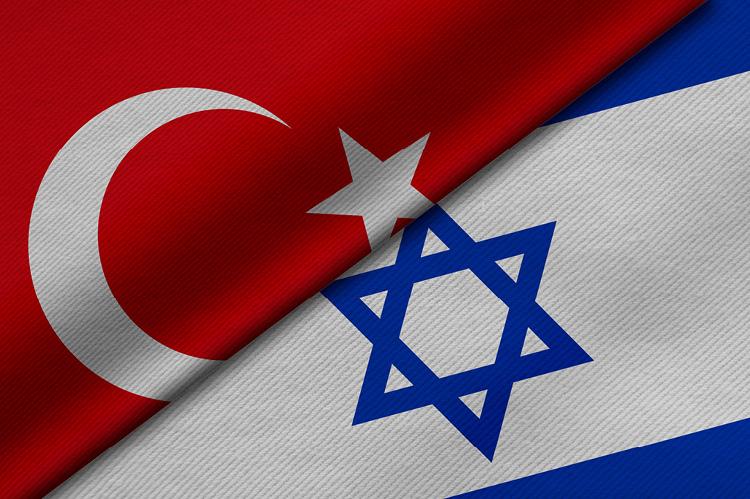Israel-Turkey Gas Pipeline Could Be Europe's Alternative to Russian Energy

Europe is engaging in a behind-the-scene discussion of the ambitious Turkey-Israel gas pipeline deal to provide an alternative to the huge Russian energy supplies comprising more than 40% of gas used in Europe.
The premise behind the discussion is to construct a subsea pipeline running from Turkey to Leviathan, Israel's largest natural gas field, to transport gas to Turkey and the Southern European neighbors in a bid to move away from Russia.
According to both countries' governments and industry leaders, the project will take complex maneuvers to actualize. The pipeline idea stalled many years ago, but the ongoing talks could see it actualize amid Russia's attack on Ukraine.
Turkish President, Tayyip Erdogan, insisted on the importance of the gas pipeline project, citing bilateral ties. Addressing reporters, Tayyip said he was ready to send his top ministers to Israel to revive the pipeline idea.
Earlier this month, Israeli president Isaac Herzog visited Ankara, giving hope for a continuation of talks that could lead to more promising decisions about the projects in the future.
Currently, the Leviathan field produces 12 billion cubic meters annually and supplies Egypt, Jordan, and Israel.
The field is owned by Chevron firm NewMed Energy and its Israeli counterpart Ratio Oil, and the firms are planning on boosting the annual production to 21 billion BCM. Industry stakeholders, however, say that geopolitics and production challenges could make the project impossible.
According to NewMed, a big percentage of the extra gas produced will be liquefied and shipped to the Far East or Europe. In February this year, NewMed's chief executive officer said that Turkey was a potential destination for the surplus gas but had to commit itself to the construction of the pipeline. Last year, the European Union imported 155 billion BCM from Russia, accounting for about 40% of its total annual usage.
Speaking to Ynet news on Sunday, 27 March, 2022, Karine Elharrar, Israeli energy minister, said many things, including the finances, had not been discussed yet.

